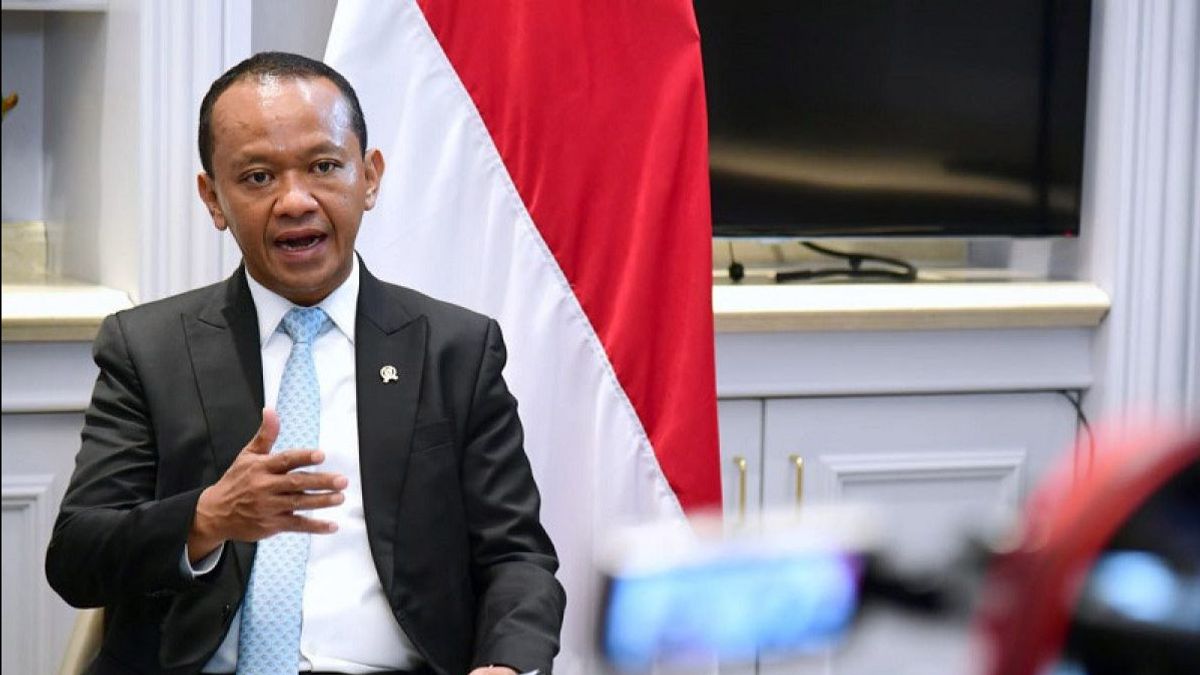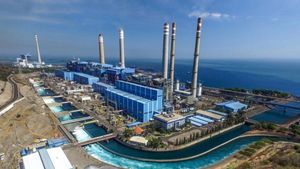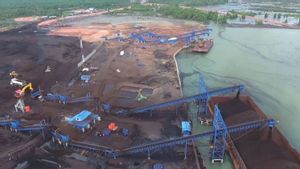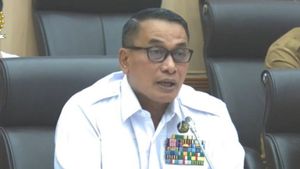JAKARTA - Minister of Energy and Mineral Resources (ESDM) Bahlil Lahadalia emphasized that the position of the Indonesian government in the use of coal as an energy source must remain in line with Net Zero Emission (NZE) policy commitments.
The concrete steps that will be taken regarding the use of coal in power plants include gradual reduction and implementation of Clean Coal Technology (CCT) at power plants that are still operating.
Regarding the PLTU policy, the government is currently preparing a roadmap for early retirement of PLTU based on Presidential Regulation (Perpres) 112 of 2022 concerning the Acceleration of Renewable Energy Development for the Provision of Electricity.
"Meanwhile, the PLTU that operates will be applied to CCT technology, including by implementing supercritical and ultra-supercritical technology," said Bahlil, quoted by Selas, September 10.
There are 7 seven coal PLTUs that have operated using supercritical and ultra-critical technology with a total capacity of 5,455 MW, namely PLTU Cirebon (660 MW), PLTU Paiton 3 (815 MW), PLTU Cilacap 3 (660 MW), PLTU Adipala (660 MW), PLTU Banten/LBE 1 (660MW), PLTU Java 7 Unit 1 (1,000 MW) and PLTU Java 8 (1,000 MW).
He continued, the government is also planning to develop coal power plants using ultra-supercritical ballistic technology at nine locations on the island of Java with a total capacity of 10,130 MW until 2028 or 37.43 percent of the total coal power plant planning.
In addition to encouraging PLTU to use environmentally friendly technology such as CCT, the Ministry of Energy and Mineral Resources also encourages the implementation of coal-fired cofiring (fuel mixing) PLTU with biomass. Moreover, Indonesia has great potential in developing these energy sources because it has oil palm plantations that can be processed into biomass. This strategy is proven to reduce emissions produced by PLTU.
SEE ALSO:
Currently, almost 60 percent or around 91 GW of Indonesian power plants come from coal.
"Therefore, the government realizes that reducing the use of bat ubara as the main energy source in Indonesia needs to be done with great care," he continued.
The government is committed to making a fair and gradual transition by considering the welfare of coal-dependent workers, communities and industries. This includes developing strategies to retrain workers, diversifying local economies, and investing in new industries that can replace coal economic contributions.
The English, Chinese, Japanese, Arabic, and French versions are automatically generated by the AI. So there may still be inaccuracies in translating, please always see Indonesian as our main language. (system supported by DigitalSiber.id)













